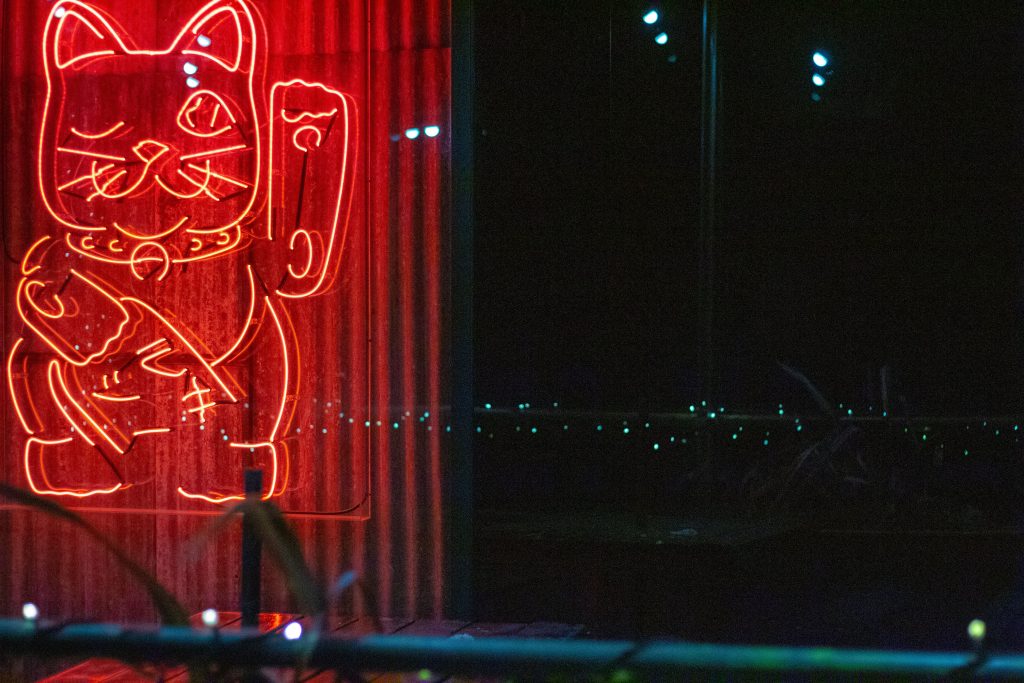To sign up for our daily email newsletter, CLICK HERE
Back in the 2000s, Gabriele Lepori of the Copenhagen Business School produced a paper that asked an unusual, seemingly nonsensical, question – do eclipses affect the American stock markets?
The full title, Dark Omens in the Sky: Do Superstitious Beliefs Affect Investment Decisions?, does sound a bit more academic but, still, the connection between astronomical phenomenon and finance seems tenuous at best.
It’s simple, though. Lepori’s paper delved into the role of superstition in decision-making, something that most of us will have fallen victim to at one point in our lives. Black cats, broken mirrors, pavement cracks – there’s plenty out there to haunt our minds.
The Aztecs
Lepori found a correlation between eclipses and poor stock market returns during 362 eclipses between 1928 and 2008, as the shadow cast on the sun lowered traders’ spirits. Responding, The Economist referred to this effect as a “total eclipse of the brain.”

Of course, humanity has always had problems with eclipses. The Aztecs believed that the sun was being eaten whenever one happened, sometimes by a jaguar, sometimes by a “Tzitzimimea”, a demon borne from a sacrificed warrior.
We’re not quite so fanciful with our astronomy today but the same gnawing terror of the evil eye (or a ladder) persists.
Logic and Statistics
One place to see superstition in frequent use is in casino gaming. Using the same numbers over and over on a roulette wheel or keeping a “lucky” trinket nearby can lull players into a false sense of security.
The Playstar website recommends against doing this in an article about online roulette New Jersey, noting that decisions should always be made according to logic and statistics. This only applies to betting strategies, however.
Humans have an innate ability to search for patterns – we’re hard-wired to see faces, a trait associated with paraedolia, or how we manage to see faces on Mars or the Moon – so it follows that we might do the same with numbers too.
Steve Jobs
So, what about the business environment? Despite an association with rationality, workplaces tend to be emotional too, especially when it comes to construction. Buildings often lack a 13th floor or room, for instance, due to a belief that it’s an unlucky number.

Steve Jobs’ black turtleneck was once believed to be a good luck charm (this has since been disproven) but color has a long association with superstitions of all kinds. In particular, the color red is viewed very differently in Western and Asian markets.
Unfortunately, the simple fact that both people and businesses can have any number of superstitions – some personal, some traditional – suggests that there’s nothing much to the concept. A belief in lucky shoes doesn’t transfer easily from one person to the next.
A study from the Association for Psychological Science did find a connection between superstition and performance, just as Gabriele Lepori did earlier in this article.
People who are allowed to indulge in their superstitions are more comfortable with tasks and, therefore, more productive. This may all come down to one elementary thing – comfort. Humans don’t like it when pieces of their identity are taken away – even if it’s just a lucky coin.